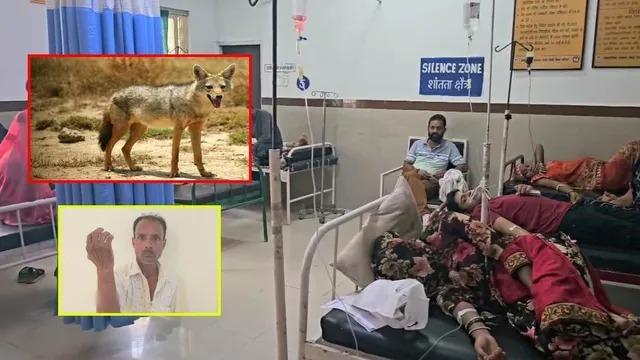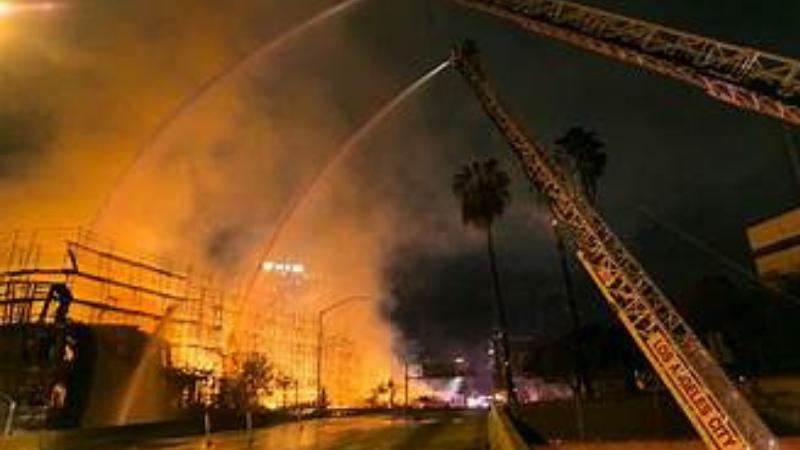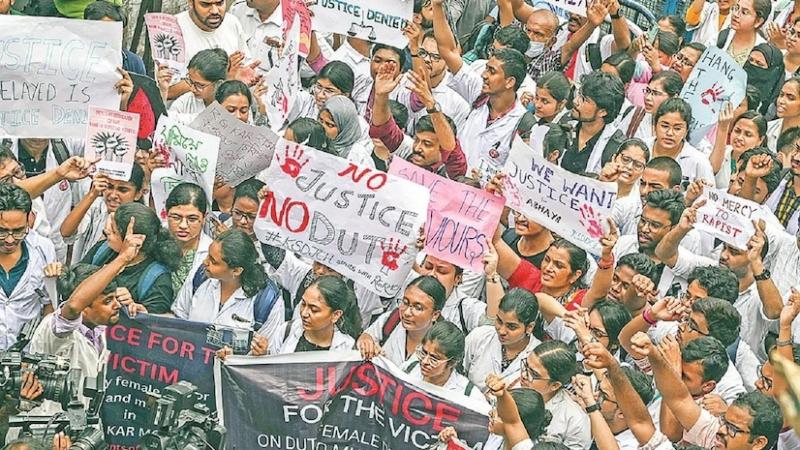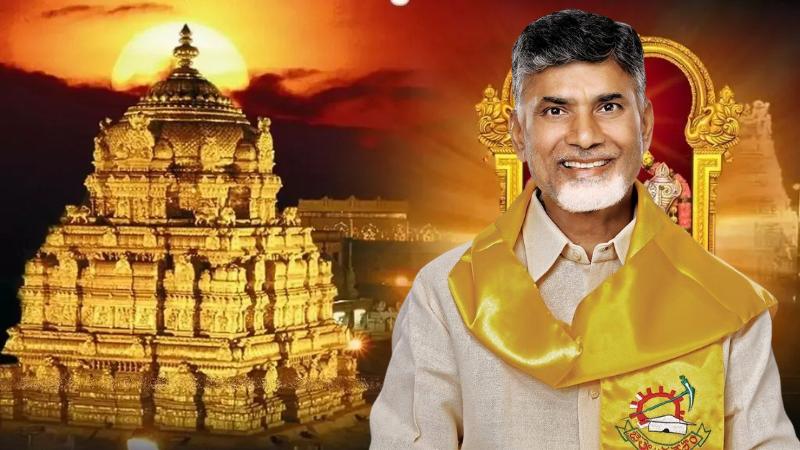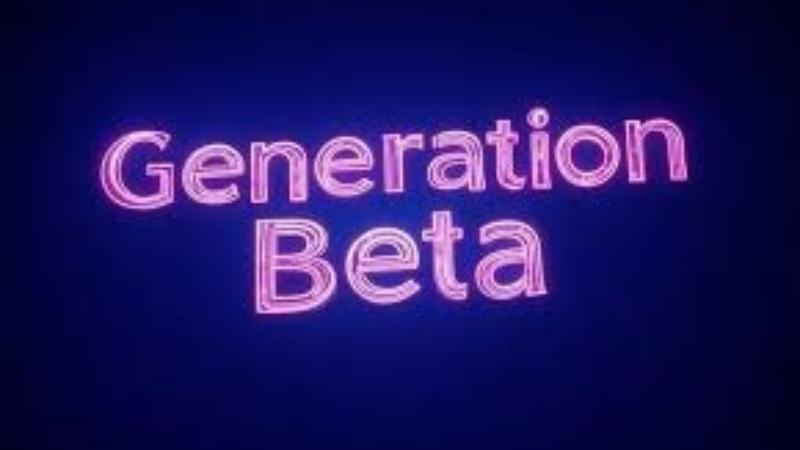
Globalization and cultural hybridity
Globalization has had a profound impact on cultural identities, traditions, and practices, leading to a complex interplay of cultural exchange, hybridity, and challenges such as cultural homogenization, cultural appropriation, and the resilience of local cultures. One of the effects of globalization on cultural identities is the blurring of boundaries and t
Globalization and cultural hybridity
Globalization has had a profound impact on cultural identities, traditions, and practices, leading to a complex interplay of cultural exchange, hybridity, and challenges such as cultural homogenization, cultural appropriation, and the resilience of local cultures. One of the effects of globalization on cultural identities is the blurring of boundaries and t

The Cold War and cultural diplomacy
The Cold War, a period of ideological rivalry and geopolitical tension between the United States and the Soviet Union, had a significant impact on cultural diplomacy, propaganda, and the arts. This ideological struggle played out through various cultural exchanges, propaganda efforts, and artistic expressions, shaping global perceptions and influencing public opinion during the Cold War era. One of the key aspects of cultural diplomacy during the Cold War was the use of cultural exc
The Cold War and cultural diplomacy
The Cold War, a period of ideological rivalry and geopolitical tension between the United States and the Soviet Union, had a significant impact on cultural diplomacy, propaganda, and the arts. This ideological struggle played out through various cultural exchanges, propaganda efforts, and artistic expressions, shaping global perceptions and influencing public opinion during the Cold War era. One of the key aspects of cultural diplomacy during the Cold War was the use of cultural exc

Decolonization and independence movements
Decolonization was a historic process that unfolded in the 20th century, leading to the independence of many countries in Africa, Asia, and the Caribbean from colonial rule. This movement marked a significant shift in global power dynamics, reshaping national identities, politics, and cultural resurgence in formerly colonized regions. The history of decolon
Decolonization and independence movements
Decolonization was a historic process that unfolded in the 20th century, leading to the independence of many countries in Africa, Asia, and the Caribbean from colonial rule. This movement marked a significant shift in global power dynamics, reshaping national identities, politics, and cultural resurgence in formerly colonized regions. The history of decolon
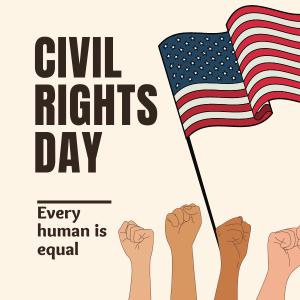
The Civil Rights Movement
The Civil Rights Movement in the United States was a pivotal struggle for equality, justice, and civil rights that profoundly impacted not only American society but also inspired global movements for social change and human rights. Spanning the mid-20th century, the Civil Rights Movement sought to dismantle institutionalized racism, segregation, and discrimination ag
The Civil Rights Movement
The Civil Rights Movement in the United States was a pivotal struggle for equality, justice, and civil rights that profoundly impacted not only American society but also inspired global movements for social change and human rights. Spanning the mid-20th century, the Civil Rights Movement sought to dismantle institutionalized racism, segregation, and discrimination ag

World War I and its cultural aftermath
World War I had a profound impact on global culture, sparking significant cultural shifts, artistic expressions, and societal changes in its aftermath. The war's unprecedented scale, brutality, and human cost reshaped the way people perceived the world, leading to the emergence of modernism in art, literature, and social thought. One of the key cultural
World War I and its cultural aftermath
World War I had a profound impact on global culture, sparking significant cultural shifts, artistic expressions, and societal changes in its aftermath. The war's unprecedented scale, brutality, and human cost reshaped the way people perceived the world, leading to the emergence of modernism in art, literature, and social thought. One of the key cultural

The Industrial Revolution
The Industrial Revolution, which began in the late 18th century and continued into the 19th century, marked a profound shift in human history, bringing about significant social, economic, and cultural changes. This period of rapid industrialization and technological advancement had far-reaching impacts on society, transforming the way people lived, worked, and intera
The Industrial Revolution
The Industrial Revolution, which began in the late 18th century and continued into the 19th century, marked a profound shift in human history, bringing about significant social, economic, and cultural changes. This period of rapid industrialization and technological advancement had far-reaching impacts on society, transforming the way people lived, worked, and intera

The Age of Exploration
The Age of Exploration, spanning from the 15th to the 17th century, marked a significant period of European expansion, exploration, and colonization across the globe. Motivated by various factors such as economic interests, religious zeal, and the quest for glory, European explorers ventured into uncharted territories, leading to profound discoveries, cultural exchanges, and far-reaching consequences. One of the primary motivations behind the Age of Exploration was the pursuit of ne
The Age of Exploration
The Age of Exploration, spanning from the 15th to the 17th century, marked a significant period of European expansion, exploration, and colonization across the globe. Motivated by various factors such as economic interests, religious zeal, and the quest for glory, European explorers ventured into uncharted territories, leading to profound discoveries, cultural exchanges, and far-reaching consequences. One of the primary motivations behind the Age of Exploration was the pursuit of ne

The Renaissance era
The Renaissance era stands as a pivotal period in human history, marking a profound transformation in art, literature, and scientific inquiry. Spanning roughly from the 14th to the 17th century, this cultural revival originated in Italy and spread across Europe, giving rise to remarkable advancements in various fields and influencing the course of Western civilizatio
The Renaissance era
The Renaissance era stands as a pivotal period in human history, marking a profound transformation in art, literature, and scientific inquiry. Spanning roughly from the 14th to the 17th century, this cultural revival originated in Italy and spread across Europe, giving rise to remarkable advancements in various fields and influencing the course of Western civilizatio
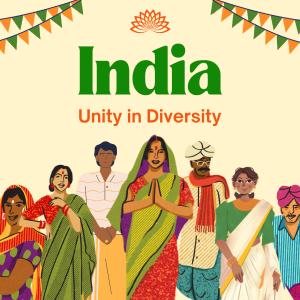
Cultural exchange along the Silk Road
The Silk Road holds a prominent place in history as a symbol of cultural exchange, trade, and the diffusion of ideas between East and West. Spanning thousands of miles across Asia, this ancient network of trade routes connected civilizations and facilitated the exchange of goods, technologies, religions, and cultural practices, leaving a lasting impact on global hist
Cultural exchange along the Silk Road
The Silk Road holds a prominent place in history as a symbol of cultural exchange, trade, and the diffusion of ideas between East and West. Spanning thousands of miles across Asia, this ancient network of trade routes connected civilizations and facilitated the exchange of goods, technologies, religions, and cultural practices, leaving a lasting impact on global hist

The impact of ancient civilizations on modern society
Ancient civilizations such as Egypt, Mesopotamia, and Greece have left an indelible mark on modern society through their profound contributions to art, architecture, philosophy, and governance. These civilizations laid the foundation for many aspects of our contemporary world, shaping our understanding of aesthetics, governance structures, and philosophical inquiry. One of the most enduring legacies of these civilizations is their artistic achievements. Ancient Egyptian art, charact
The impact of ancient civilizations on modern society
Ancient civilizations such as Egypt, Mesopotamia, and Greece have left an indelible mark on modern society through their profound contributions to art, architecture, philosophy, and governance. These civilizations laid the foundation for many aspects of our contemporary world, shaping our understanding of aesthetics, governance structures, and philosophical inquiry. One of the most enduring legacies of these civilizations is their artistic achievements. Ancient Egyptian art, charact

Molecular Biology and Cellular Processes
Molecular biology is a branch of biology that focuses on the study of cellular processes and the molecules that play key roles in these processes. Here's an exploration of key concepts in molecular biology, including cellular structures, DNA replication, transcription, translation, gene regulation, and signaling pathways:
Molecular Biology and Cellular Processes
Molecular biology is a branch of biology that focuses on the study of cellular processes and the molecules that play key roles in these processes. Here's an exploration of key concepts in molecular biology, including cellular structures, DNA replication, transcription, translation, gene regulation, and signaling pathways:
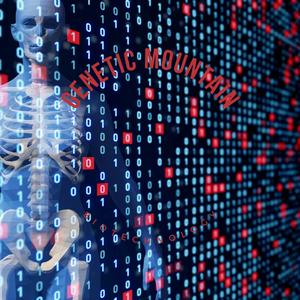
Population Genetics
Population genetics is a field of study that examines genetic variation within and among populations, focusing on evolutionary processes such as genetic drift, gene flow, and natural selection. Here's a deeper look at population genetics and its impact on genetic diversity: Genetic Variation Within
Population Genetics
Population genetics is a field of study that examines genetic variation within and among populations, focusing on evolutionary processes such as genetic drift, gene flow, and natural selection. Here's a deeper look at population genetics and its impact on genetic diversity: Genetic Variation Within
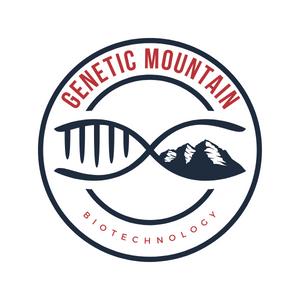
Microbial Genetics
Microbial genetics is a branch of genetics that focuses on studying the genetic makeup, characteristics, and functions of microorganisms, including bacteria, viruses, and fungi. Here's an exploration of microbial genetics and their roles in human health, agriculture, and the environment: Bacteria
Microbial Genetics
Microbial genetics is a branch of genetics that focuses on studying the genetic makeup, characteristics, and functions of microorganisms, including bacteria, viruses, and fungi. Here's an exploration of microbial genetics and their roles in human health, agriculture, and the environment: Bacteria
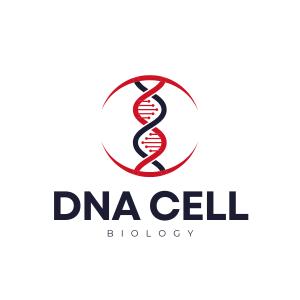
Stem Cell Research
Stem cell research holds immense potential in regenerative medicine, tissue engineering, and treating degenerative diseases, but it also raises ethical debates and challenges. Let's explore the potential of stem cells and the ethical considerations associated with their use: Regenerative Medicine
Stem Cell Research
Stem cell research holds immense potential in regenerative medicine, tissue engineering, and treating degenerative diseases, but it also raises ethical debates and challenges. Let's explore the potential of stem cells and the ethical considerations associated with their use: Regenerative Medicine
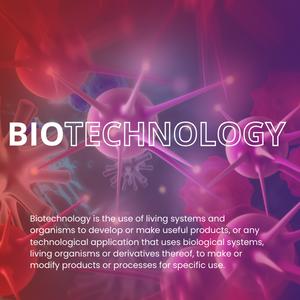
Biotechnology and Genetic Modification
Biotechnology plays a crucial role in producing genetically modified organisms (GMOs), biofuels, and biopharmaceuticals, offering numerous benefits but also raising ethical considerations. Let's delve into the role of biotechnology in these areas and the ethical considerations associated with them: Genetically Modified Organisms (GMOs): Biotechnology enables the genetic modification of organisms to
Biotechnology and Genetic Modification
Biotechnology plays a crucial role in producing genetically modified organisms (GMOs), biofuels, and biopharmaceuticals, offering numerous benefits but also raising ethical considerations. Let's delve into the role of biotechnology in these areas and the ethical considerations associated with them: Genetically Modified Organisms (GMOs): Biotechnology enables the genetic modification of organisms to
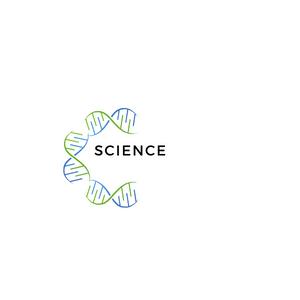
Epigenetics
Epigenetics is a fascinating field that explores how environmental factors can influence gene expression and phenotype without altering the underlying DNA sequence. Here's an exploration of how environmental factors impact epigenetics and its implications for health, disease, and inheritance: Environmental Factors and Epigenetic Modifications: Environmental factors such as diet, stress, pollutants,
Epigenetics
Epigenetics is a fascinating field that explores how environmental factors can influence gene expression and phenotype without altering the underlying DNA sequence. Here's an exploration of how environmental factors impact epigenetics and its implications for health, disease, and inheritance: Environmental Factors and Epigenetic Modifications: Environmental factors such as diet, stress, pollutants,
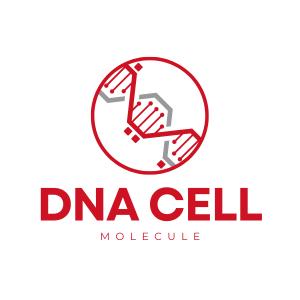
Human Genome Project
The Human Genome Project (HGP) was a monumental scientific endeavor launched in 1990 with the goal of mapping and sequencing the entire human genome, consisting of approximately 3 billion base pairs of DNA. The completion of the HGP in 2003 marked a significant milestone in genetics and had a profound impact on our understanding of genetics, personalized medicine, and genetic variation among populations. Here's an analysis of its impact:
Human Genome Project
The Human Genome Project (HGP) was a monumental scientific endeavor launched in 1990 with the goal of mapping and sequencing the entire human genome, consisting of approximately 3 billion base pairs of DNA. The completion of the HGP in 2003 marked a significant milestone in genetics and had a profound impact on our understanding of genetics, personalized medicine, and genetic variation among populations. Here's an analysis of its impact:

Evolutionary Biology
Evolutionary biology delves into the mechanisms and patterns of evolution, including natural selection, adaptation, and speciation, across various species. Here's an examination of these concepts with case studies and examples: Natural Selection: Definition: Natural selection is the process by which advantageous traits become more common in a populati
Evolutionary Biology
Evolutionary biology delves into the mechanisms and patterns of evolution, including natural selection, adaptation, and speciation, across various species. Here's an examination of these concepts with case studies and examples: Natural Selection: Definition: Natural selection is the process by which advantageous traits become more common in a populati
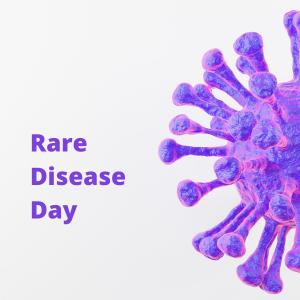
Genetic Disorders and Diseases
Genetic disorders and diseases encompass a wide range of conditions caused by abnormalities in an individual's genetic makeup. Here's an overview of three prominent genetic disorders – Down syndrome, cystic fibrosis, and sickle cell anemia – including their causes, symptoms, and potential treatments: Down Syndr
Genetic Disorders and Diseases
Genetic disorders and diseases encompass a wide range of conditions caused by abnormalities in an individual's genetic makeup. Here's an overview of three prominent genetic disorders – Down syndrome, cystic fibrosis, and sickle cell anemia – including their causes, symptoms, and potential treatments: Down Syndr
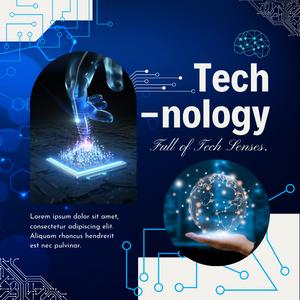
Genetic Engineering and CRISPR Technology
Genetic engineering and CRISPR (Clustered Regularly Interspaced Short Palindromic Repeats) technology represent groundbreaking advancements in genetic editing techniques with far-reaching implications across various fields. In medicine, CRISPR has revolutionized the approach to treating genetic disorders by enabling precise modifications in DNA sequences. Researchers
Genetic Engineering and CRISPR Technology
Genetic engineering and CRISPR (Clustered Regularly Interspaced Short Palindromic Repeats) technology represent groundbreaking advancements in genetic editing techniques with far-reaching implications across various fields. In medicine, CRISPR has revolutionized the approach to treating genetic disorders by enabling precise modifications in DNA sequences. Researchers


